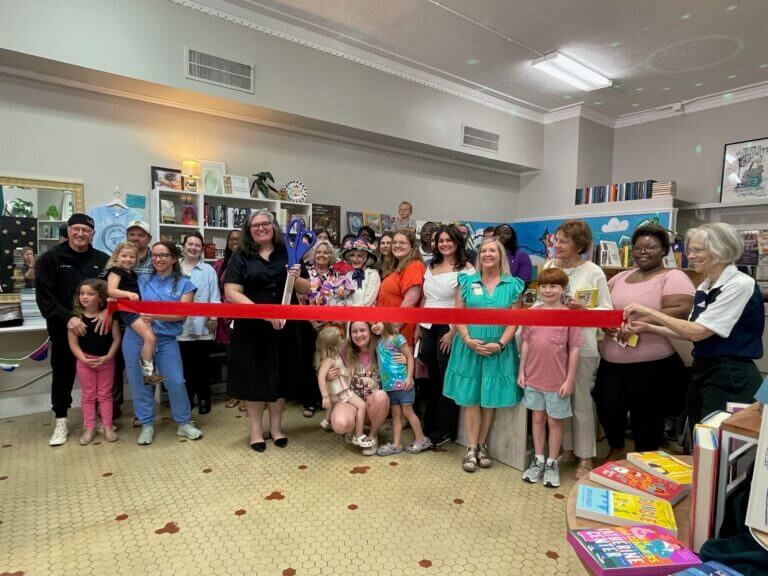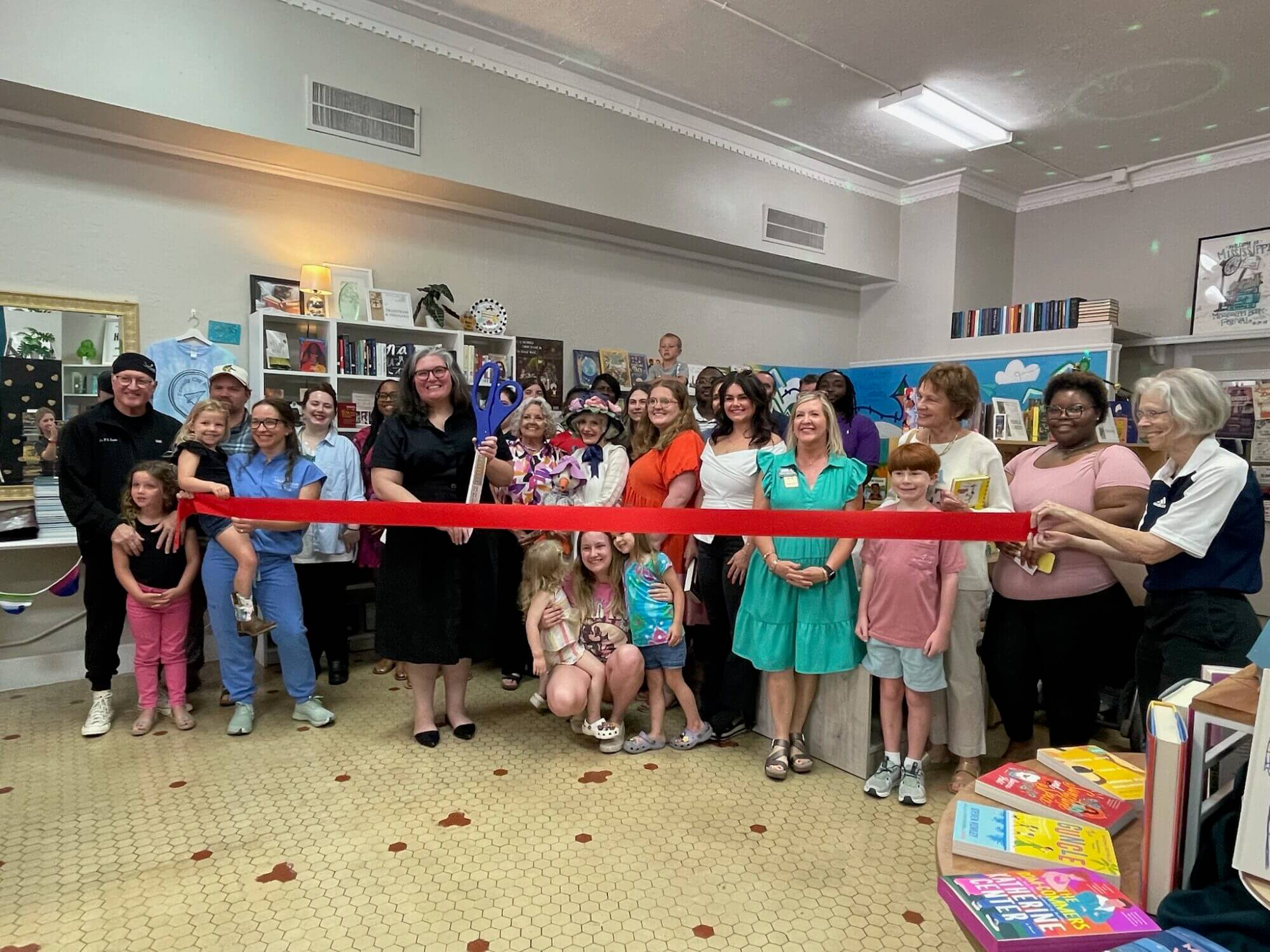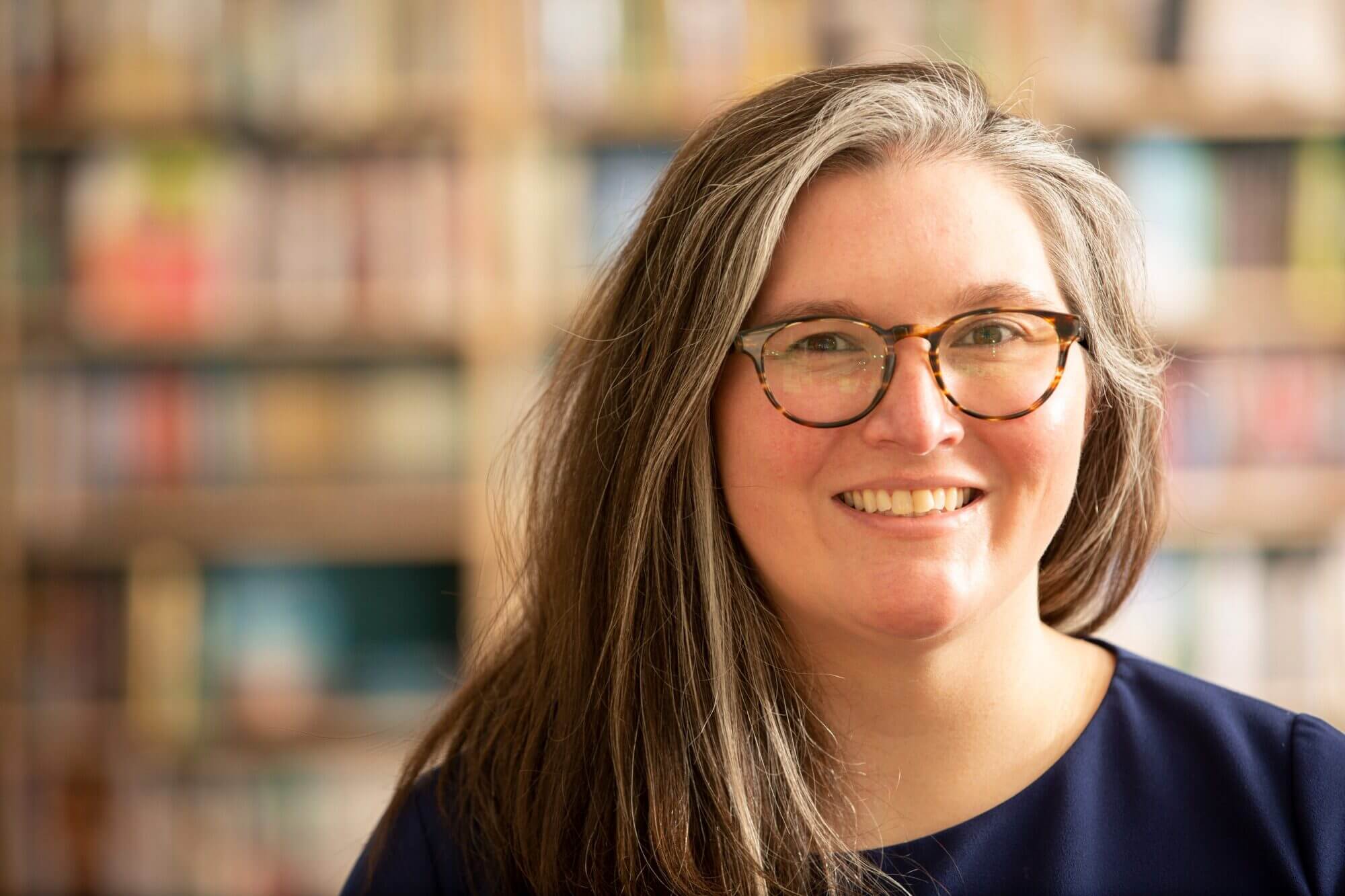

Editor’s note: This Mississippi Today Ideas essay is published as part of our Brain Drain project, which seeks solutions to Mississippi’s outmigration problem. To read more about the project, click here.
“Should I stay or should I go?”
That classic line sung by The Clash could be the theme song of the Mississippi brain drain.
It’s the stark choice young people are faced with when they graduate from high school or college, and it’s often fraught with tension. As much as I wanted to spread my wings when I turned 18, leaving Mississippi came with a heavy emotional toll.
Moving away from family was only part of the guilt. I was also made to feel like I was abandoning my community. All the messages I internalized from local media and state politicians over the years blaming the brain drain for our population loss made me feel like I could only do something that would benefit myself at the expense of everyone else.
When I got to my out-of-state destination — an elite urban university with a reputation for producing public servants — there were only three other students from Mississippi in the entire undergraduate program. Some high schools from the Northeast and California sent more students in a single year, and none of them seemed to feel bad about it. Yet I can’t tell you how many former Mississippians I’ve met in other states — not necessarily internationally, just across the country — who call ourselves expats, displaced, itinerant, even prodigal.

What if it didn’t have to be that way? We’ve created a false dichotomy with the “stay or go” debate when those aren’t the only paths. Ironically, giving young Mississippians just two options for their future fuels the vicious cycle of the brain drain.
The truth is, we could go a long way toward reversing our fate by welcoming home the native Mississippians who’ve spent time away.
Mississippi’s biggest export isn’t catfish or chicken or lumber. It’s talent.
Going out of state, for any amount of time, is an opportunity to learn new things and expand professional networks. We should encourage Mississippians to pursue their dreams and then bring back the experience they’ve gained.
I finally had that epiphany when I decided to move back in my mid-30s. It wasn’t an overnight decision, but after about three years of hemming and hawing, I finally pulled the trigger on my 34th birthday in January 2020.
I moved back with one thing in mind: to be part of reversing the brain drain. I ultimately took a six-figure pay cut in the process.
Of course, I expected to have a reversal in my earnings relocating from Washington, D.C., with the highest median income nationally, to Mississippi at the other end of the table. But what surprised me wasn’t that jobs would pay less, but that there were so few jobs that could use someone with a master’s degree in business. I had work experience at a Fortune 500 technology company, but the jobs in tech in Mississippi were at call centers.
Business school provided me with one ace up my sleeve: an interest in entrepreneurship. With the low cost of living that Mississippi so prominently advertises, I made the ultimate gamble and opened a small business. I knew I was taking a big risk, but I wasn’t prepared for how hard it would be to sustain a brick-and-mortar which depends on the economic health and social infrastructure of a rural community. I’m only still hanging in there because I’ve been able to raise funding from out of state.
Now that I’m getting older and my fellow elder millennials are starting to think about coming home to raise their families or care for aging parents, I believe there is a real opportunity for Mississippi to welcome its prodigal sons and daughters home. Yet this would only be tougher if I had more personally at stake. When I uprooted, it was just me and my dog. But for those who are married and have kids, who have different racial backgrounds, and who are gay, it’s a much more complicated decision.
Do you move to Mississippi if you’re worried your spouse can’t get a job as good as yours?
Or do you move to Mississippi if you are concerned about the quality of the schools your children would attend; the local public university will get shut down by the state Legislature; that there is no bookstore or movie theater or music venue to give you something to do on the weekends; the quality of the drinking water; the quality of medical care in an emergency because rural hospitals have closed down?
Or what if you are concerned that you might be discriminated against looking for an apartment to rent, or ostracized socially, or physically threatened because of who you are?
These problems are solvable. The only problem is if we have the political will to solve them.
Here’s the funny thing: These concerns aren’t all that different from what anyone would care about when deciding where they want to live. We don’t have to shame people into never leaving or put golden handcuffs on them to make a deal to stay or devise a crazy scheme to poach people. We just need to invest in our own well-being.
I’ve made the best friends of my life since returning to Mississippi, and I’ve seen them leave one by one as it became impossible for them to stay because they could make a better living somewhere else. In the end, it’s that simple.
The more that Mississippi does to welcome back expats, the more native Mississippians will want to stay, and the more it will attract new first-time residents, too. We just have to build a Mississippi that will be better tomorrow than it was yesterday.
Emily Liner is the founder of Friendly City Books, an independent bookstore in Columbus, and of the Friendly City Books Community Connection, a special project of the CREATE Foundation. A native of Bay Saint Louis, she graduated from the Mississippi School for Mathematics and Science, Georgetown University and the University of North Carolina and worked in public policy and the private sector for over a decade in Washington, D.C., before returning to her home state.
- State Supreme Court considers reviving former Gov. Phil Bryant’s lawsuit against Mississippi Today over welfare scandal coverage - February 18, 2026
- Winter storm update: Mississippi still waiting on fed declaration for individual assistance, lawmakers crafting plan to fund recovery - February 18, 2026
- Shy of special session, Mississippi school choice appears dead - February 18, 2026